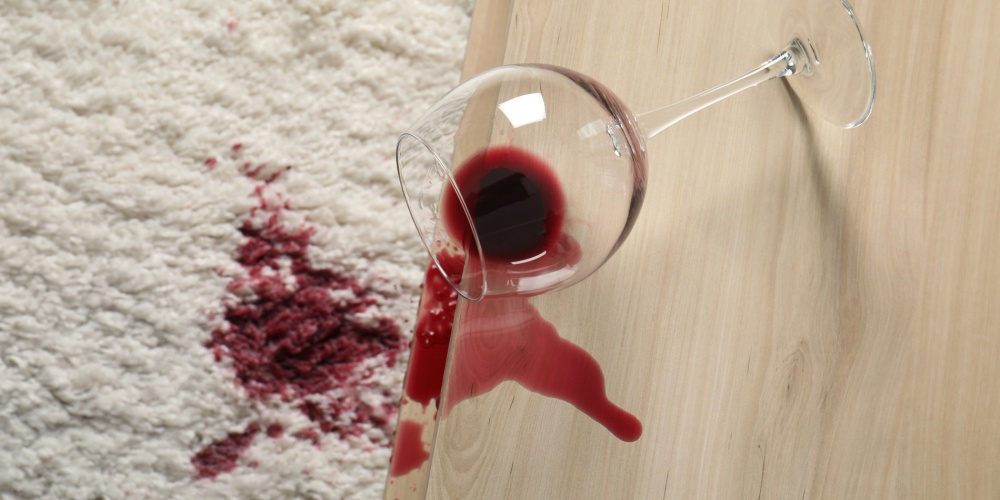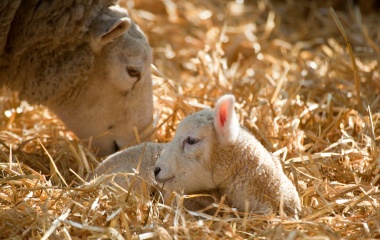
Jewish tradition teaches that we are to celebrate joyous occasions—Shabbat and Yom Tov, brit milah, a wedding—by drinking wine. Used appropriately, “Wine gladdens the heart of man” (Tehillim 104:15); used inappropriately, wine can literally kill.
“Drink no wine or other intoxicant, you or your sons, when you enter the Tent of Meeting, that you may not die. This is a law for all time throughout the ages” (Vayikra 10:9). That this verse follows immediately after the death of Nadav and Avihu led many commentaries to link their death to their having drunk wine before entering the inner sanctum. And it does not take much to put one’s life at risk. The Talmud (Keritot 13b) rules that a kohen who drinks as little as a revi’it of wine—approximately 3.3 ounces—and then performs his Temple service is liable to the penalty of “death at the hands of heaven”, a level of sin surpassed only by those carrying the death penalty or karet. It may take a few ounces to get one killed, but a kohen who performs avodah, service in the Temple, having drunk even lesser amounts of alcohol would be in violation of this biblical injunction, albeit one that is punishable “only” by lashes[1].
It is this fear that a kohen may have had something to drink that explains why birchat kohanim is not recited in the shemoneh esrei of mincha (unless it is a fast day), and why the custom is to duchen at shacharit on Simchat Torah[2].
Consumption of even the smallest amounts of alcohol has an impact upon us all, and must not be had when important work is to be done.
But one need not be a kohen to run afoul of this prohibition. After warning against entry to the ohel moed (or later, the Beit HaMikdash) under the influence of any intoxicating substance, the Torah continues: “For you must distinguish between the sacred and the profane, between the impure and the pure; and you must instruct the Israelites all the statutes which the Lord has spoken to them by the hand of Moses” (Vayikra 10:10-11). Exegetically commenting on these verses, our Sages understand them to apply to any decision-making that requires thinking skills.
“’And that you may differentiate between the sacred and the profane’” [prohibits decisions on the laws of] values and valuations, dedications and consecrations. ‘Between the impure and the pure’ [prohibits decisions on the laws of] ritually impure and ritually pure. ‘And you must instruct’ [prohibits decisions on the laws of] what is permitted or prohibited. ‘All the statutes’ [prohibits decisions on the laws of] halakhic expositions of the Torah. ‘Which the Lord has spoken’ [prohibits decisions on the laws of] halakha transmitted orally to Moses from Sinai. ‘By the hand of Moses’ is referring to the Talmud” (Keritot 13b).
The Gemara relates that Rav Acha from Huzal took a vow forbidding himself to benefit from his wife[3]. As was to be expected, he soon regretted his decision and approached Rav Ashi to annul his vow. He could do so by asking a series of questions to determine whether Rav Acha fully appreciated the consequences of his vow, or if he truly regretted making such. However, Rav Ashi told him, “Go away today and come back tomorrow, as Rav did not have an amorah explain his lectures until the day after Yom Tov”.
Under normal circumstances, this would be a terrible thing to do. In a frightening comment, the Mechilta (Shemot 22:23) records that as Rabbi Shimon and Rabbi Yishmael—the first of the asara harugei malchut, the ten martyrs murdered by the Romans—were being led to their deaths, Rabbi Shimon turned to Rabbi Yishmael lamenting, “My heart goes out, as I do not know why I am being killed”. Rabbi Yishmael answered, “Did it never happen that a person came to you with a question, and you told them to wait until you finished your drink, or tied your shoes or put on your shirt? The Torah says, ‘Im aneh teaneh, if you afflict, whether a little affliction or a lot of affliction’. He said to him, “My teacher, you have comforted me[4]”.
But these were not normal circumstances. Rav Ashi had consumed some wine and thus, was incapable of making a totally clear-headed decision. Following in the footsteps of Rav, who after having consumed wine in honour of the festival did not teach on Yom Tov—waiting a full day before resuming his teaching—Rav Ashi told Rav Acha to come back the next day.
One must be exacting in determining when we must and when we mustn’t issue halachic rulings. Someone’s life may depend on it.
[1] It is because even the smallest amounts of alcohol impact on our judgment that in the province of Ontario, all drivers under the age of 21 must have a blood-alcohol level of zero.
[2] Generally, we (outside of Israel) duchen only at mussaf (only); the assumption is that one does not eat until the very end of davening. Thus, kohanim must be especially careful to ensure they have nothing to drink before mussaf—and if they do, they should not duchen.
[3] As a cursory look at masechet Nedarim will indicate, taking vows forbidding one’s self from benefitting from another, or for another to derive benefit from one’s self, was quite common in Talmudic times. I can only surmise that such was the equivalent of cursing someone today.
[4] This story should not be understood to mean that making someone wait a few moments makes one worthy of death, G-d forbid. Rather, great people are always looking to develop their characters and see suffering as a means to improve themselves—even in the most minute of details.



